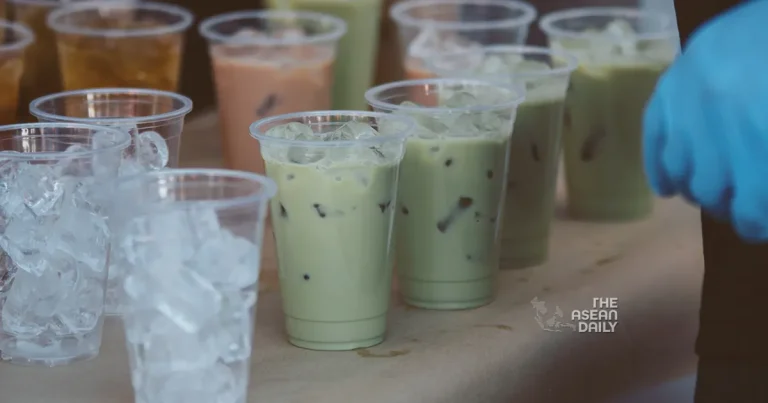7-12-2023 (SINGAPORE) In a move to promote healthier living and reduce the risk of non-communicable diseases, the World Health Organisation (WHO) has been urging countries to impose or increase taxes on sugar-sweetened beverages (SSBs). However, Singapore remains among a minority of countries that do not tax these drinks, with the city-state’s Health Minister Ong Ye Kung expressing reservations about implementing such a tax.
The WHO’s Global Report On The Use Of Sugar-Sweetened Beverage Taxes, 2023, released on Dec 5, highlights the negative impact of SSBs on health and argues that taxing these drinks is an effective means of reducing consumption and promoting healthier choices. According to the report, SSBs are a leading source of free sugar intake in many countries, offering little nutritional value while increasing the risk of excess weight, obesity, and adverse health outcomes such as Type 2 diabetes, cardiovascular disease, dental caries, and osteoporosis.
The report cites research suggesting that excise taxes levied on SSBs lead to a decrease in consumption that is roughly proportional to the price increase. However, tax levels need to be high enough to trigger sufficient changes in price to alter the underlying affordability of the product, relative to a country’s level of income.
In Asia, countries such as China, India, and Thailand have already implemented a tax on SSBs. In Singapore, Non-Constituency MP Hazel Poa raised the issue of a sugar tax in Parliament in 2022, citing studies that showed a 15% decrease in demand for sugared drinks. However, Health Minister Ong Ye Kung expressed reluctance to implement such a tax, citing concerns about extending the policy to other products like salt and oil.
Instead, Singapore has opted to encourage healthier choices through the Nutri-Grade labelling system, which grades sugary drinks from A (healthiest) to D (least healthy). The WHO’s report urges countries to impose taxes on SSBs based on sugar content, as well as on drinks with non-sugar sweeteners, to encourage consumers to substitute with alternatives that have lower sugar content. The report also recommends legal provisions to adjust the tax for inflation to maintain its effectiveness over time.
The WHO has long maintained that people do not need any sugar in their diet, yet Singaporeans continue to consume an average of 12 teaspoons of sugar per day, with more than half coming from drinks, according to the Health Promotion Board.




